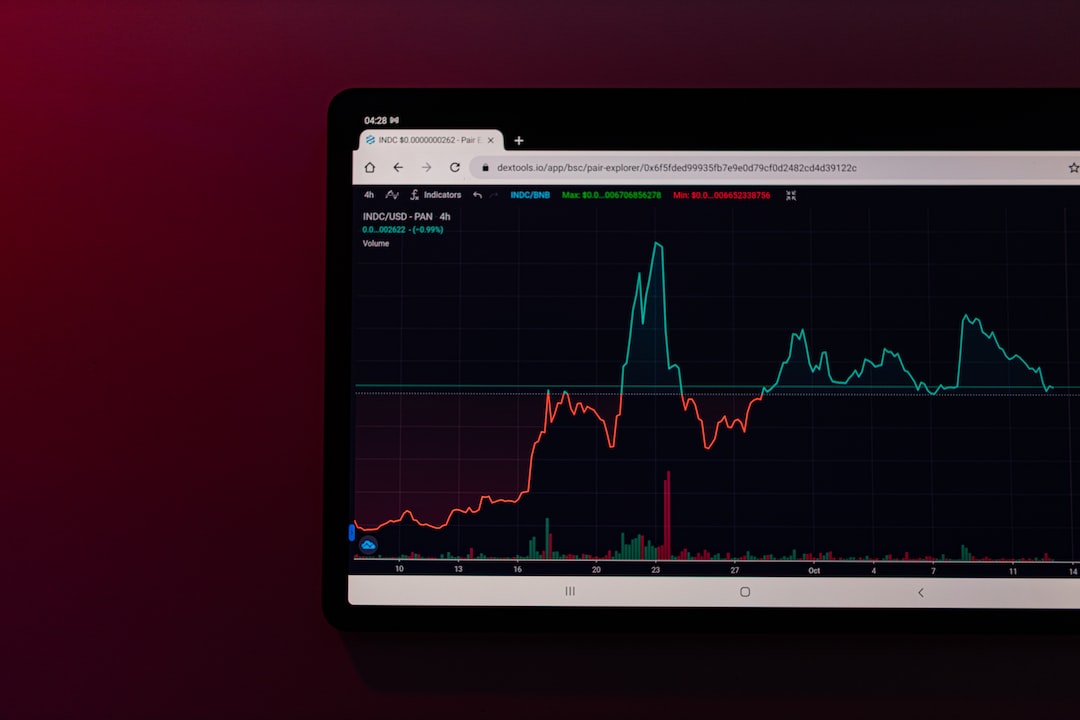Tether Responds to UN Report on USDT Use in Illicit Activities
Tether, a prominent stablecoin firm, has issued a response to the United Nations’ claims about the use of its USDT stablecoin in illegal operations. The UN Office for Drugs and Crime recently published a report focusing on cryptocurrencies’ involvement in illicit activities and underground banking in Southeast Asia and the Pacific region.
Disputing the UN’s Findings
In its report, titled “Casinos, Money Laundering, Underground Banking, and Transnational Organized Crime in East and Southeast Asia: A Hidden, Accelerating Threat,” the UN identified USDT on the Tron blockchain as a key tool for money laundering due to its stability, transaction anonymity, and low fees. However, Tether quickly refuted these findings, emphasizing the traceability of USDT and its collaboration with global law enforcement agencies.
Tether’s Commitment to Fighting Illicit Activities
Tether reiterated its commitment to combating illicit activities and revealed that it had frozen over $300 million in USDT linked to illegal operations. This includes $225 million frozen during a U.S. investigation into a Southeast Asian human trafficking ring. The company criticized the UN report for solely focusing on the negative aspects of USDT while ignoring its positive impact on developing economies in emerging markets.
Enhancing Anti-Financial Crime Measures
Tether stressed the need for discussions on how centralized stablecoins can enhance anti-financial crime measures. The company also highlighted its role in providing superior monitoring capabilities compared to traditional banking systems that have historically been used for large-scale money laundering. Tether urged the global community and the UN to collaborate and improve their understanding of blockchain technology to effectively tackle financial crimes.
Tether’s Collaboration with Law Enforcement
Despite the increase in USDT’s use by criminal groups in Asia, Tether has shown a willingness to cooperate with U.S. law enforcement and regulatory bodies. The company has intensified efforts against illicit crypto transactions, sharing information with the U.S. House Financial Services Committee and the U.S. Senate Committee on Banking, Housing, and Urban Affairs. Recent data indicates that Tether has blocked over 1,250 addresses associated with illicit activities, totaling more than $877 million worth of USDT.
Hot Take: Tether Responds to UN Allegations on USDT’s Role in Illicit Activities
Tether, a leading stablecoin provider, has promptly addressed allegations made by the United Nations regarding the use of its USDT stablecoin in illicit operations. The UN report pointed out USDT’s involvement in money laundering activities in Southeast Asia, primarily on the Tron blockchain. However, Tether refuted these claims, highlighting the traceability of USDT and its collaboration with global law enforcement agencies. The company emphasized its commitment to combating illicit activities and freezing millions of dollars linked to illegal operations. Tether urged for discussions on how centralized stablecoins can enhance anti-financial crime measures and called for collaboration between the global community and the UN to improve understanding of blockchain technology in tackling financial crimes.





 By
By
 By
By
 By
By

 By
By
 By
By